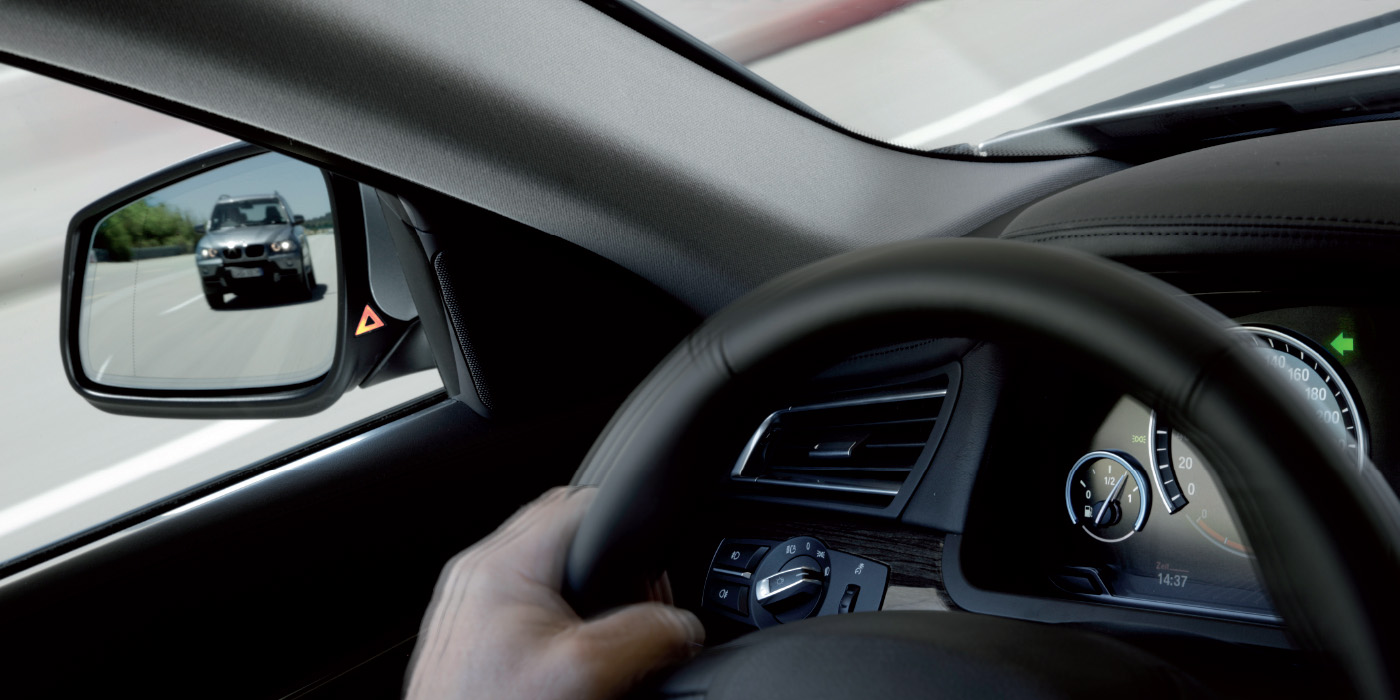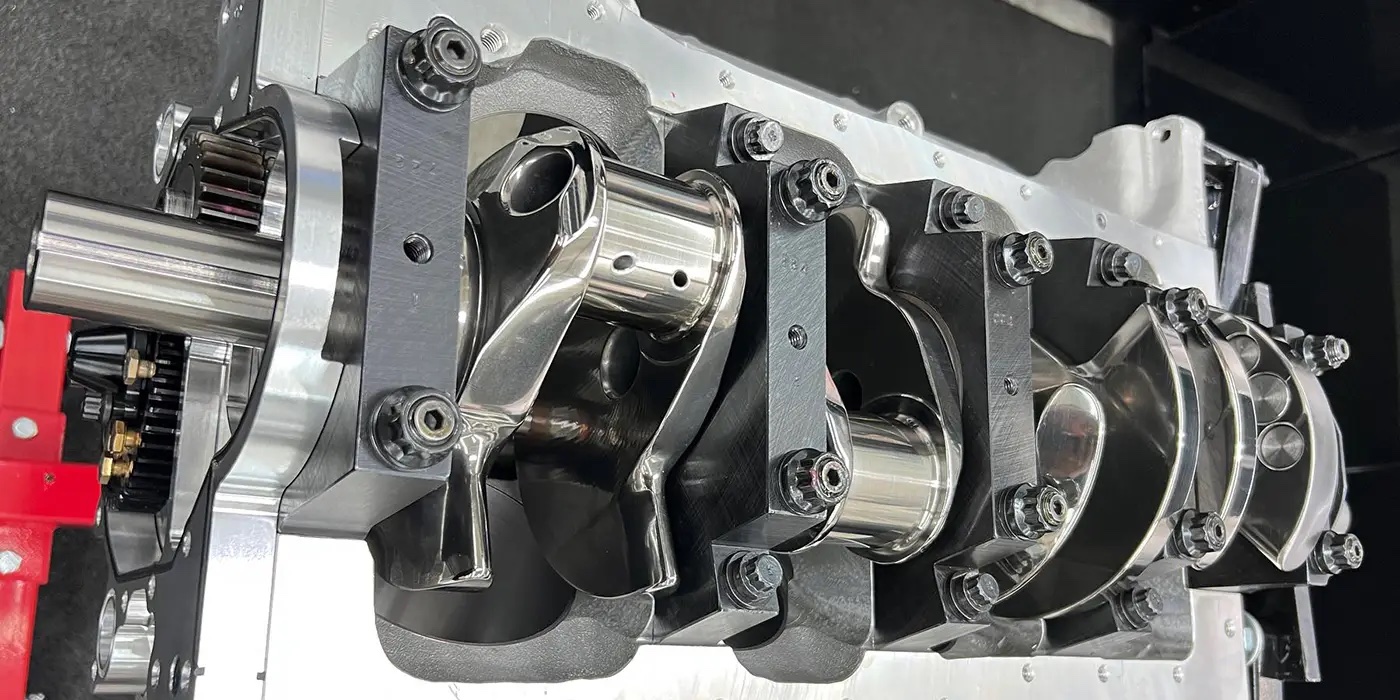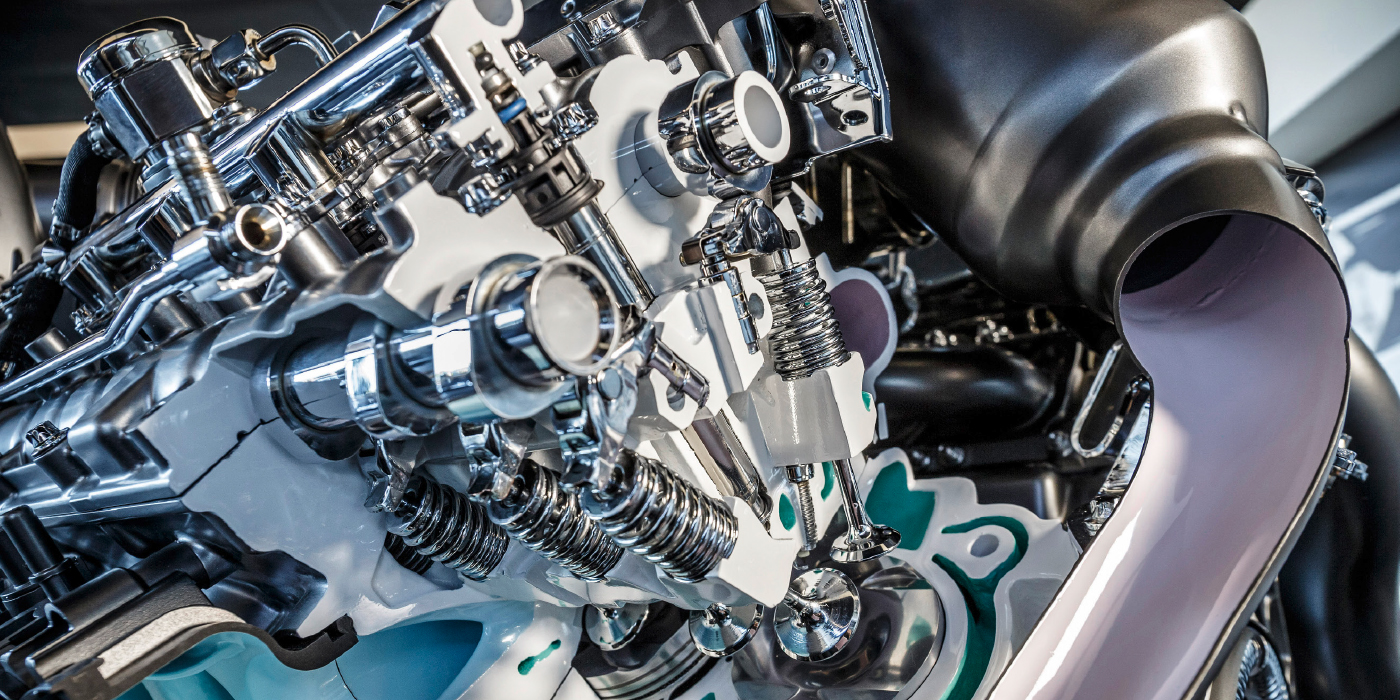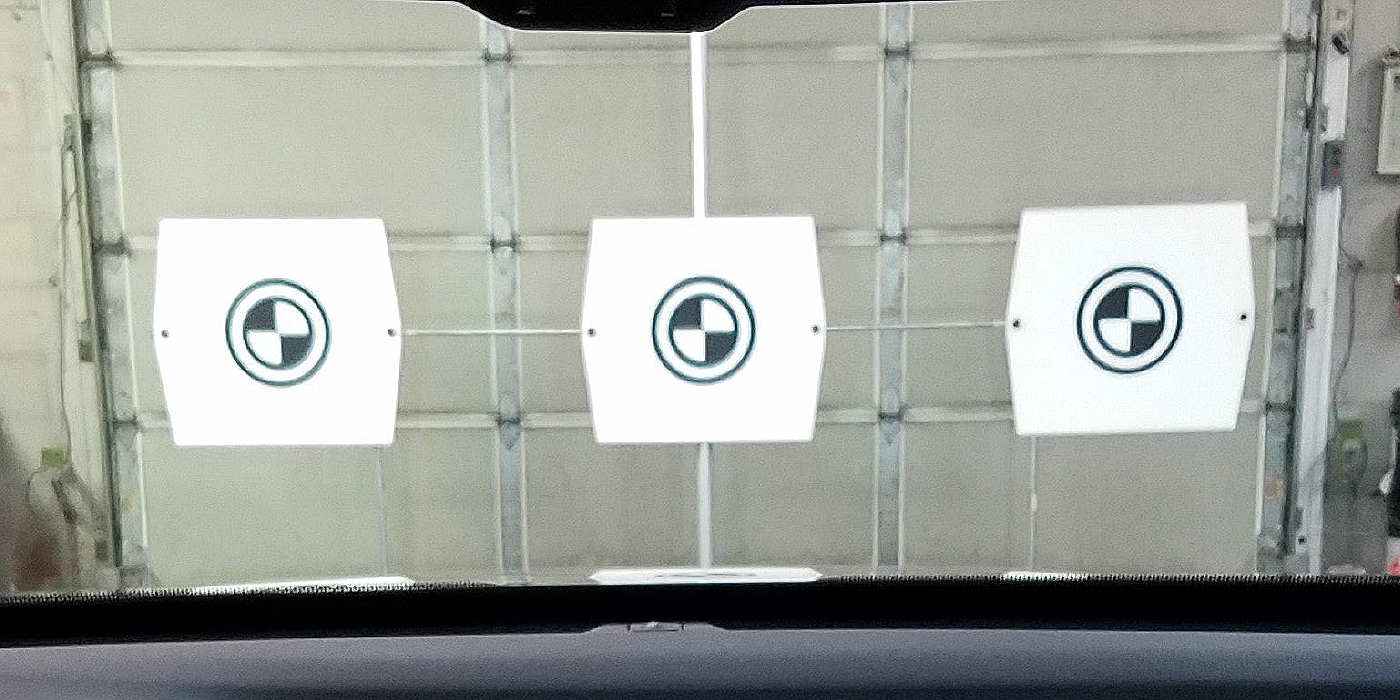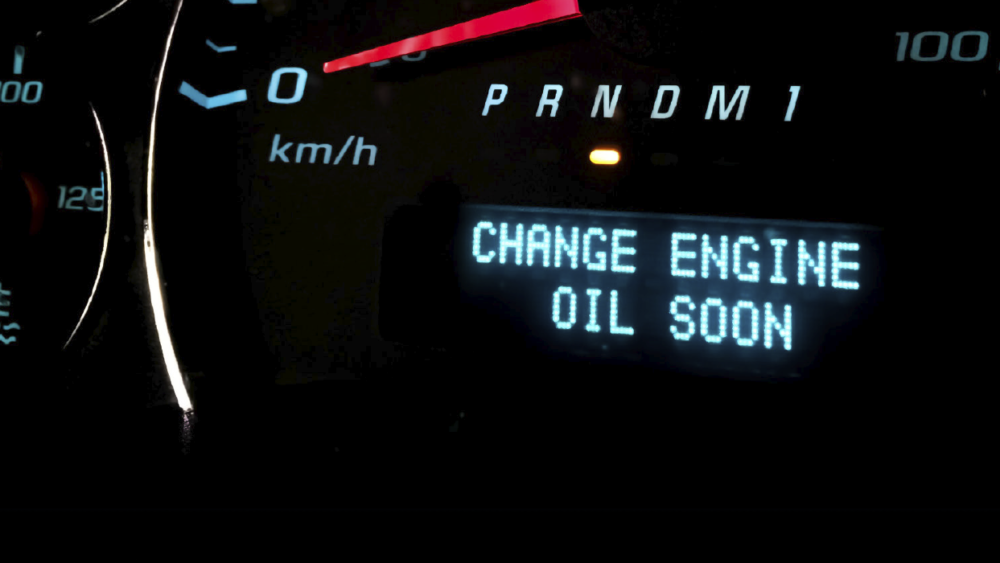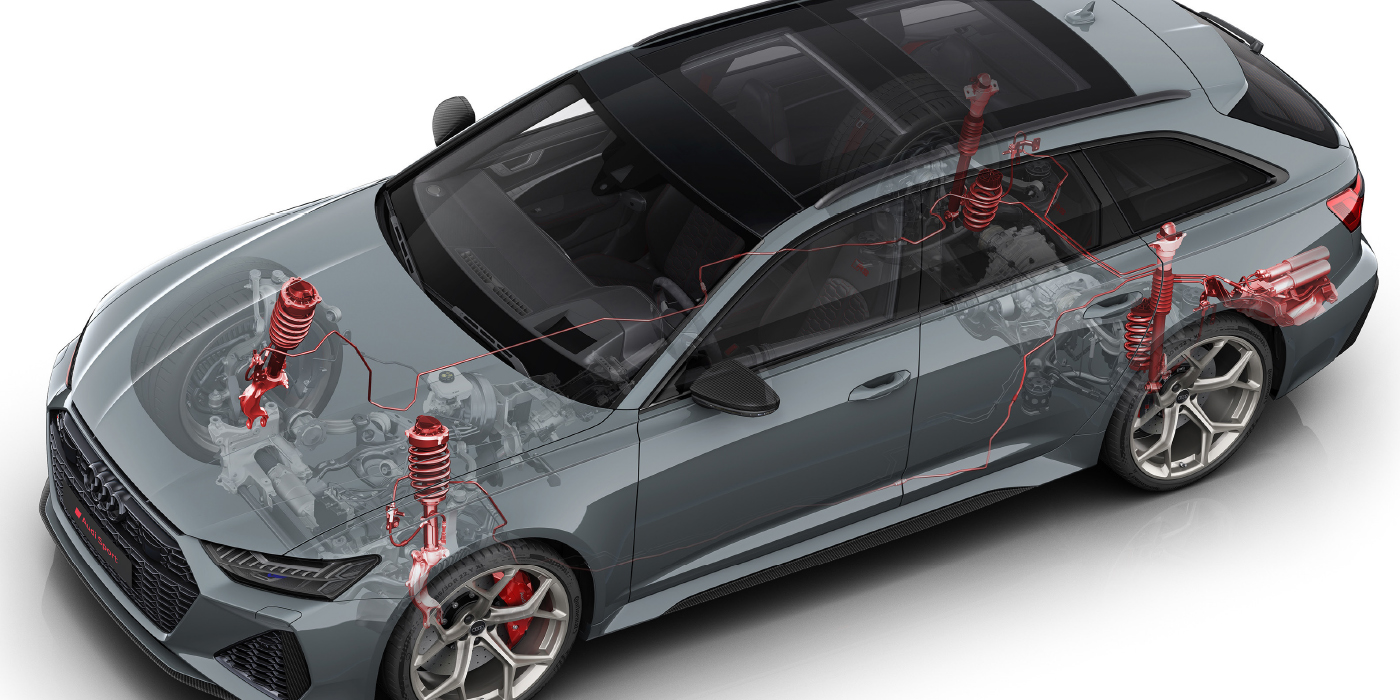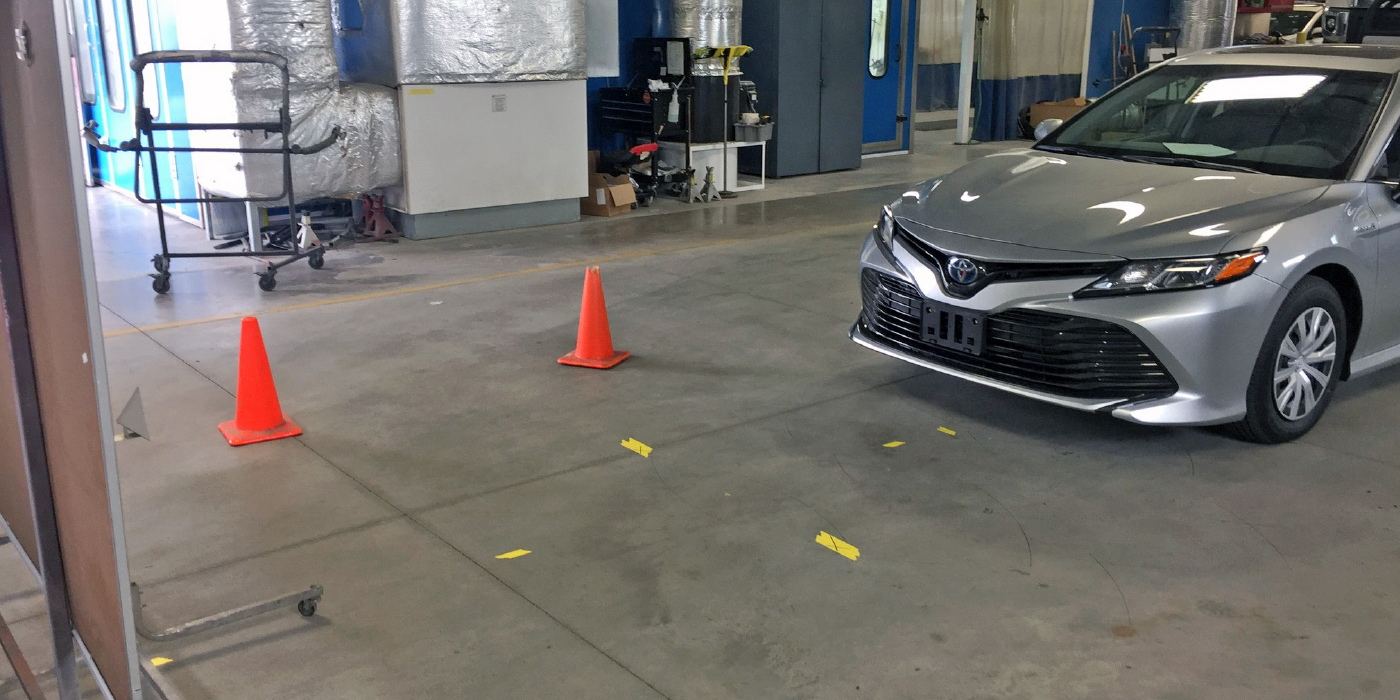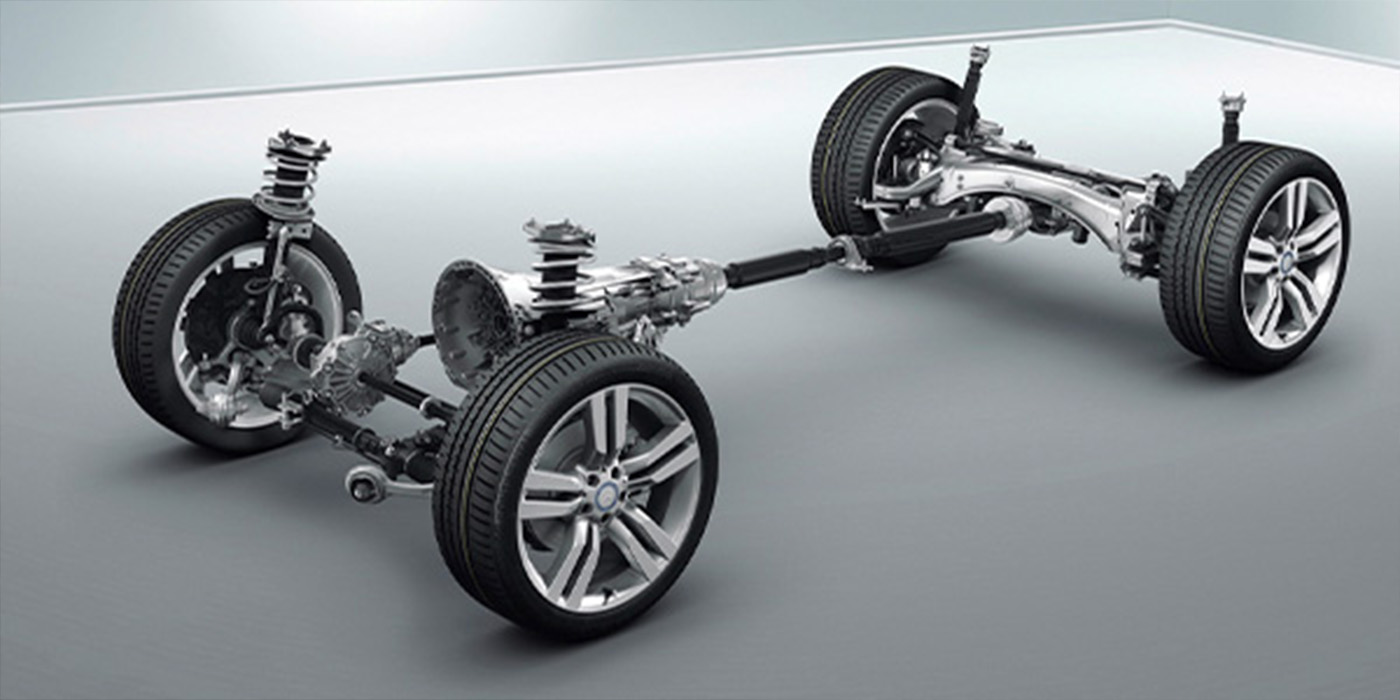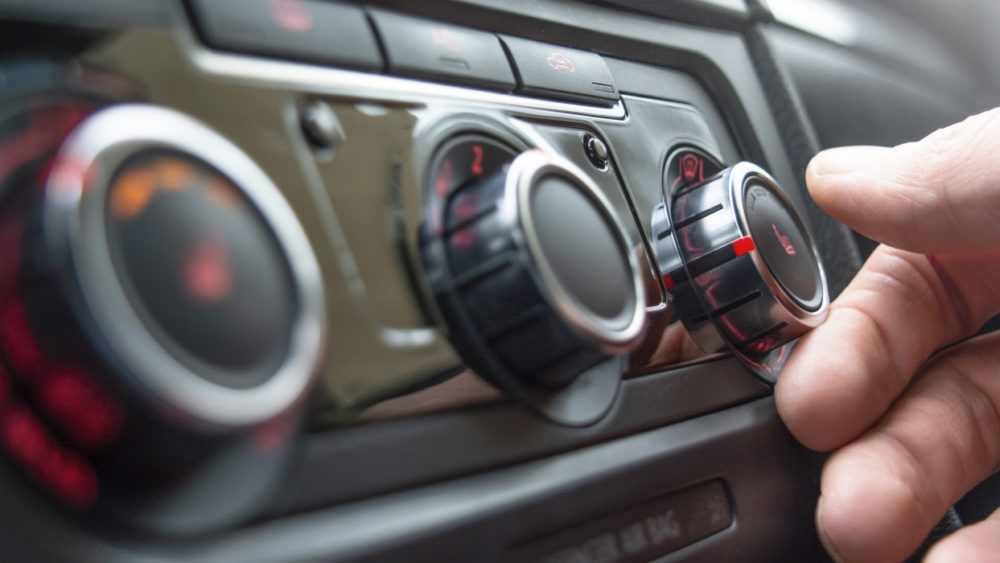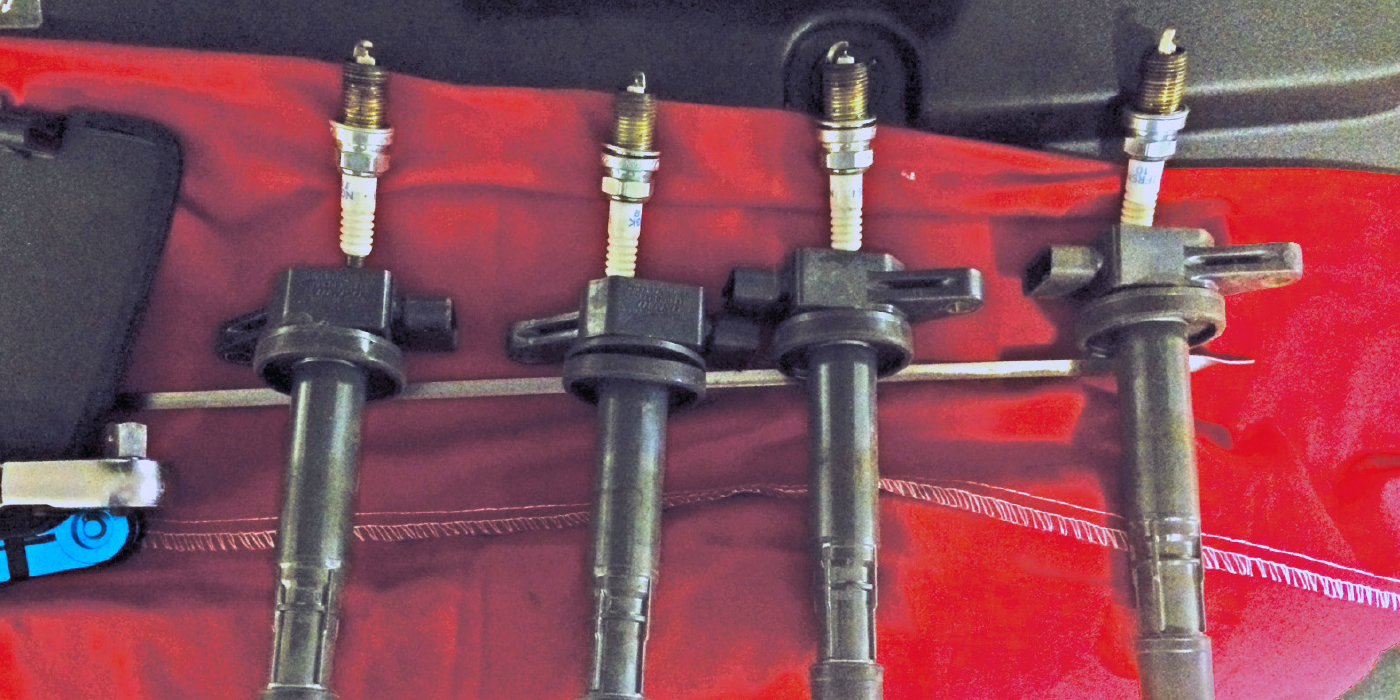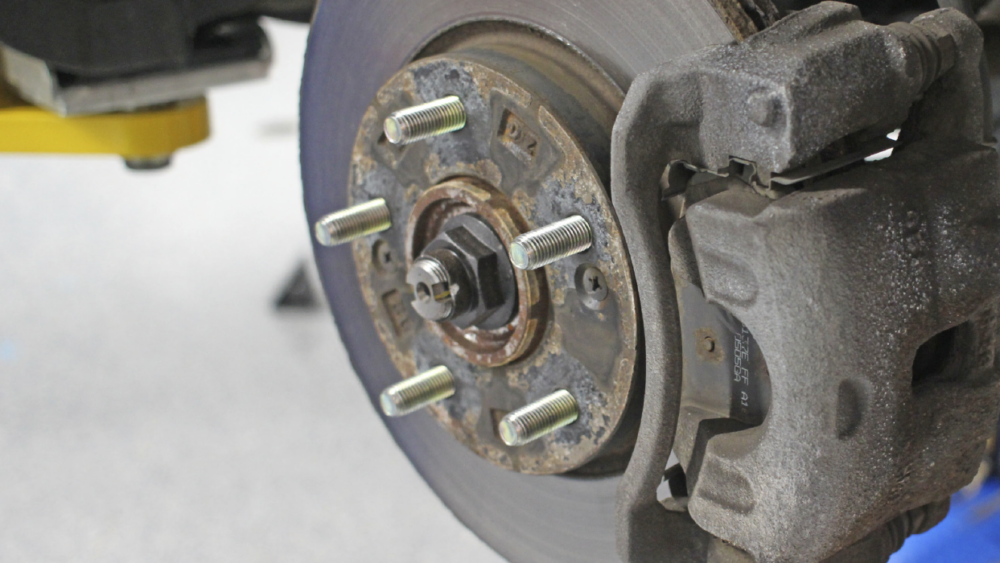 The vulnerabilities of vehicle hacking have made an impression on car owners and shoppers, and nearly 80 percent say it will be a frequent problem within the next three years or less, according to a new survey by Kelley Blue Book. Awareness of the recent Jeep Cherokee hacking incident is very high, and nearly half of respondents said they would keep this event in mind when buying or leasing their next car. Moreover, the majority of consumers do not think there will ever be a permanent solution to the problem of vehicle hacking.
The vulnerabilities of vehicle hacking have made an impression on car owners and shoppers, and nearly 80 percent say it will be a frequent problem within the next three years or less, according to a new survey by Kelley Blue Book. Awareness of the recent Jeep Cherokee hacking incident is very high, and nearly half of respondents said they would keep this event in mind when buying or leasing their next car. Moreover, the majority of consumers do not think there will ever be a permanent solution to the problem of vehicle hacking.
“Technology offers a wide range of enhanced convenience for today’s new vehicle buyers, but it also offers the increasing potential for unauthorized access and control,” said Karl Brauer, senior analyst for Kelley Blue Book. “Cyber-security is still a relatively new area of specialization for automakers, but it’s one they need to take seriously to ensure they are ahead of the curve. If automotive engineers find themselves playing catch-up in this field, it could have disastrous results for both consumers and the industry. According to Kelley Blue Book’s latest survey, while few consumers consider vehicle hacking a major problem today, many feel it will be a real threat in the next one-to-three years. Consumers also are highly skeptical that a comprehensive solution to prevent vehicle hacking can ever be developed, though an overwhelming majority would be willing to pay for hack-proof vehicle security if it existed.”
Key highlights from Kelley Blue Book’s Vehicle Hacking Vulnerability Survey include:
Awareness and Concerns about Vehicle Hacking
- 72 percent said they are aware of the recent Jeep Cherokee hacking incident.
- 41 percent said they will consider this recent vehicle hacking incident when buying/leasing their next car.
- 78 percent said vehicle hacking will be a frequent problem in the next three years or less.
- 33 percent classified vehicle hacking as a “serious” problem; 35 percent classified it as a “moderate” problem.
- 58 percent do not think there will ever be a permanent solution to vehicle hacking.
- 41 percent think pranking is the most common reason for hacking a vehicle; 37 percent think theft is the most common reason for hacking a vehicle.
Responsibility and Preferred Methods for Vehicle Hacking Notification/Fix
The vast majority of respondents view vehicle manufacturers as most responsible to secure a vehicle from hacking, and most would prefer to get a security patch installed in-person at a dealership right away.
- 81 percent think the vehicle manufacturer is most responsible to secure a vehicle from hacking; only 11 percent consider themselves most responsible to secure a vehicle from hacking, and 5 percent see it as the responsibility of their wireless provider.
- 64 percent would prefer to go into a dealership to get a vehicle’s security patch installed; only 24 percent would prefer to do it wirelessly, and a mere 12 percent would prefer to have the software mailed so they could install it themselves.
- 47 percent said they would go to a dealership “immediately” if they knew they had to install a security patch to protect their vehicle from hacking; 31 percent said “within a week,” and 17 percent said “within a month.”
- 44 percent would prefer to be notified via mail, and 41 percent would prefer to be notified via email, in the event their vehicle was recalled. Only 11 percent preferred notification via a phone call, and 5 percent preferred text.
- 52 percent indicated they would be willing to pay for a monthly subscription to ensure that their vehicle would be completely protected from hacking, with $8 being the average respondents would be willing to pay each month.
Kelley Blue Book fielded the Vehicle Hacking Vulnerability Survey from July 24-27, 2015, and the survey had 1,134 respondents. Surveys were completed by members of Kelley Blue Book’s Blue Ribbon Panel, an online community for vehicle owners and shoppers who are invited to share opinions that provide valuable and timely insights.
Article courtesy of BodyShop Business.

